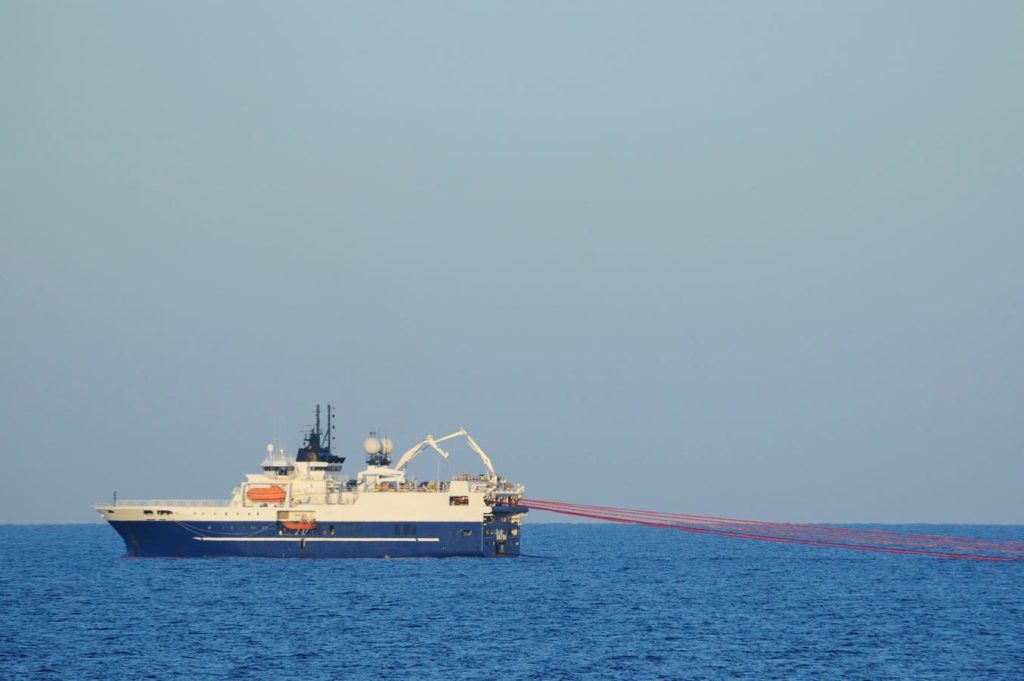The use of seismic surveys in energy exploration off the northeastern US Atlantic coast has sparked controversy and opposition from environmental and animal rights activists. Opponents often cite concerns about seismic impacts on marine mammals and other wildlife as a reason to oppose offshore oil and gas development. In South Africa, Shell Global’s permit to conduct seismic tests off the Wild Coast was rescinded by the Supreme Court, leading to an ongoing legal battle. South Africa has become a hotspot for offshore oil and natural gas exploration, with many companies holding active leases to explore energy reserves along the country’s coastline.
Despite the potential for South Africa to become a key strategic resource area for oil and gas, the conduct of seismic surveys remains essential for finding and developing new reserves. Critics of seismic testing argue that it can harm wildlife, citing concerns about the impacts of underwater noise on marine mammals. However, experts in the geoscience industry dispute these claims, stating that seismic surveys use low-frequency sound waves similar to ultrasound technology and have minimal impact on marine life. Regulators in the United States have consistently denied the existence of scientific evidence supporting claims that seismic surveys have negative impacts on marine mammals.
An extensive study conducted by the Bureau of Ocean Energy Management during the Obama administration in 2014 found no scientific evidence to support claims that seismic surveys pose a threat to marine life. Despite this, the deployment of seismic testing in ocean waters continues to be a source of controversy, with opponents exploiting fears to hinder energy development. The science surrounding seismic testing remains clear, with both political parties in the US confirming its safety. Court victories for parties who exploit fears over the science are likely to have short-lived impacts unless new evidence emerges to change the current understanding.
The oil and gas industry, as well as the offshore wind industry, have invested billions in research and development to ensure that any impacts on marine life from seismic surveys are minimal. Producers face challenges in defending disputes over seismic testing, given the ease with which the process can be mischaracterized by opponents. Despite concerns raised by activists and environmental groups, the use of seismic surveys continues to be a crucial tool for energy exploration as global demand for oil and gas continues to rise. The controversy surrounding seismic testing is likely to persist, but as long as scientific evidence supports its safety, the industry will continue to utilize this essential technology for resource exploration.


